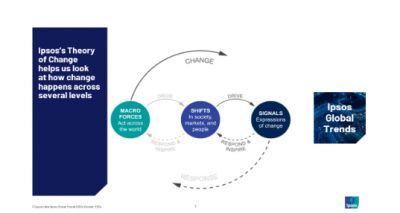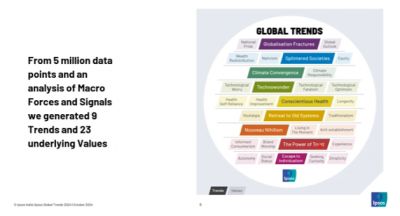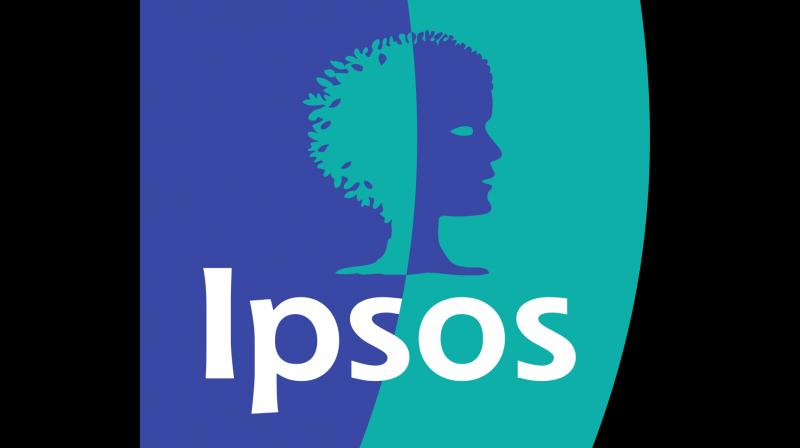Ipsos has rolled out its 'Global Trends 2024' report, aiming to guide businesses and brands in making strategic decisions.
With 50,000 interviews conducted across 50 markets globally, this survey encompasses 74% of the world's population and 90% of global GDP, providing an understanding of evolving consumer attitudes and values.
For India, the survey was conducted through the Ipsos IndiaBus platform and encompassed both urban populations via face-to-face interviews and digital consumers through online methods, ensuring an all-around view of India's diverse demographic landscape.
Key findings:
- 65% of urban Indians desire a simpler, safer, and more financially secure future
- 47% of urban masses cannot imagine life without the internet
- 43% of women desire a slower pace of life
- 36% of digital Indians are willing to pay extra for brands aligning with their values
Adarkar, CEO, Ipsos India, discussed the findings of the global trends report, stating, “The first pillar, macro forces, highlights demographic shifts, such as the ageing population—China has raised its retirement age, and India is expected to reach a similar milestone this century. Urbanisation is accelerating, projected to approach 40% in the next decade. The second pillar, shifts, reflects the cumulative experiences of various stakeholders, revealing insights with significant societal and market implications. The third pillar, signals, encompasses social media trends and emerging fads, like the recent tourist taxes imposed by European cities."

Adarkar highlighted how marketers should interpret these trends, noting that the fracture of globalisation signifies increasing conflicts and divisions rather than unity. He pointed out that splintered societies are emerging, particularly during a period of global elections, with social media amplifying societal tensions. Adarkar remarked, "This can lead to divergent brand perceptions, as good-hearted communications may alienate some while resonating with others."
Adarkar also highlighted the trend of conscientious health, with citizens becoming more aware of mental health issues compared to a decade ago.
In discussing India, Adarkar noted the trend of individualism, where technology empowers personal growth, especially among millennials and Gen Z. He also identified nouveau nihilism, reflecting a desire to live in the moment and spend on experiences. However, he expressed concern over a growing detachment from climate change awareness among Indians, who see it as a future issue rather than an immediate threat. Additionally, there’s a longing for simpler times, marked by nostalgia.

Krishnendu Dutta, group service line leader, Ipsos India, highlighted trends among the urban masses, who now exhibit despair and a decline in national pride. Only 55% express pride in their country, down 22% from last year, possibly due to job losses and rising living costs. Notably, 65% wish for a return to simpler times, emphasising a reliance on the internet for better deals amid financial strain.
Dutta also noted that digital Indians are showing signs of digital fatigue and nostalgia, with a desire for brands that reflect their identity.
Dutta elaborated on health trends, stating that both Urban Masses and Digital Indians seek greater control over health decisions, with a shared desire to improve mental well-being. He suggested that brands should target these cohorts with distinct strategies—Digital Indians favour premium and niche offerings, while Urban Masses require relatable narratives emphasising value and accessibility.
Ben Page, global CEO, Ipsos, concluded by highlighting three tensions that have emerged over the past decade: a more global yet introspective mindset, a focus on self amidst societal pressures, and increased environmental concerns coupled with a sense of fatalism.













